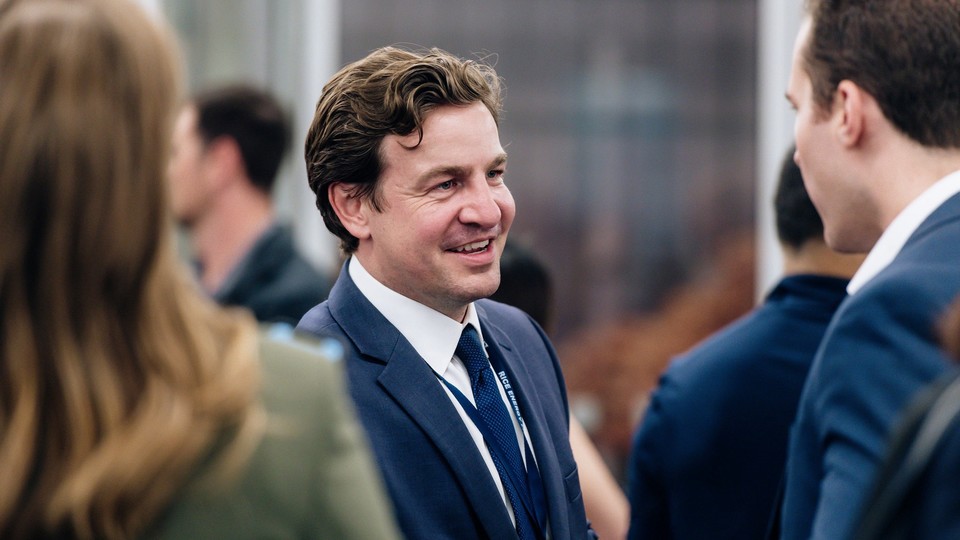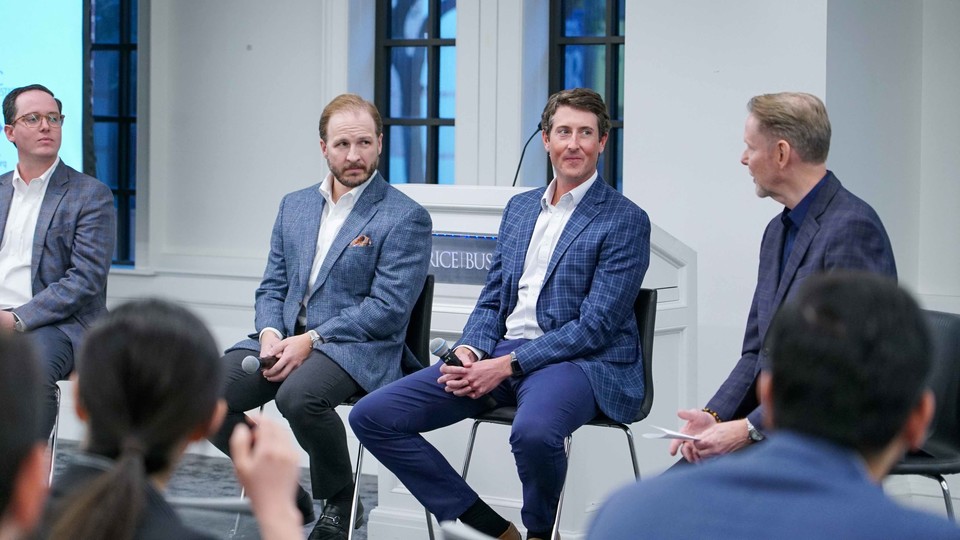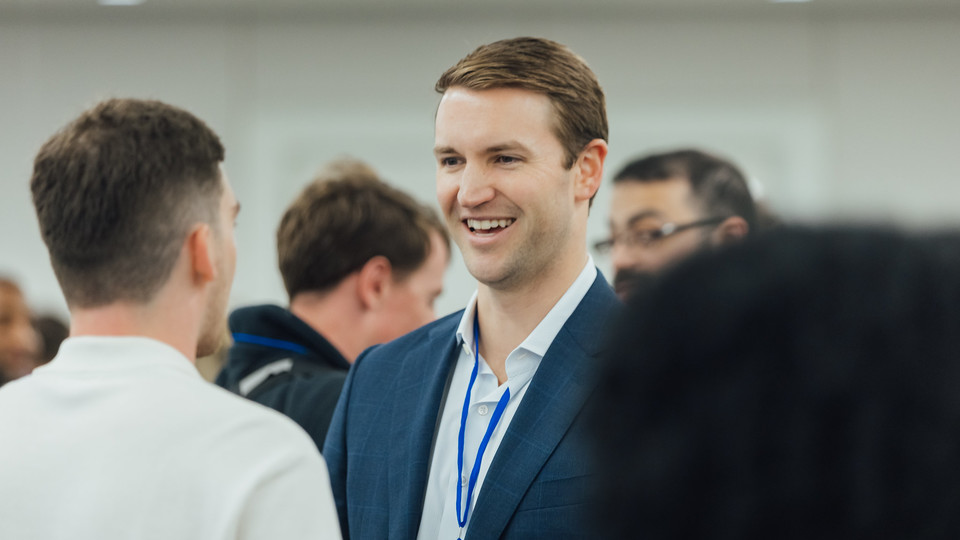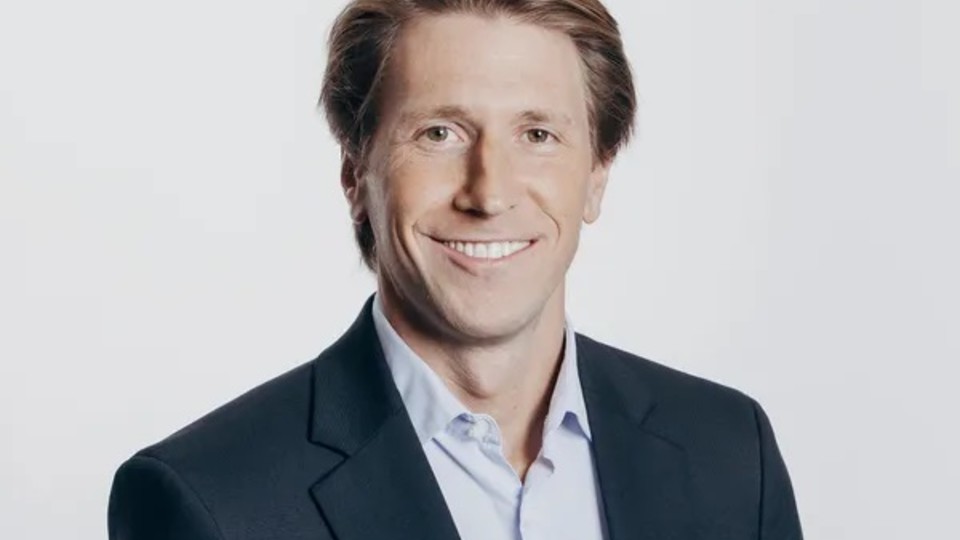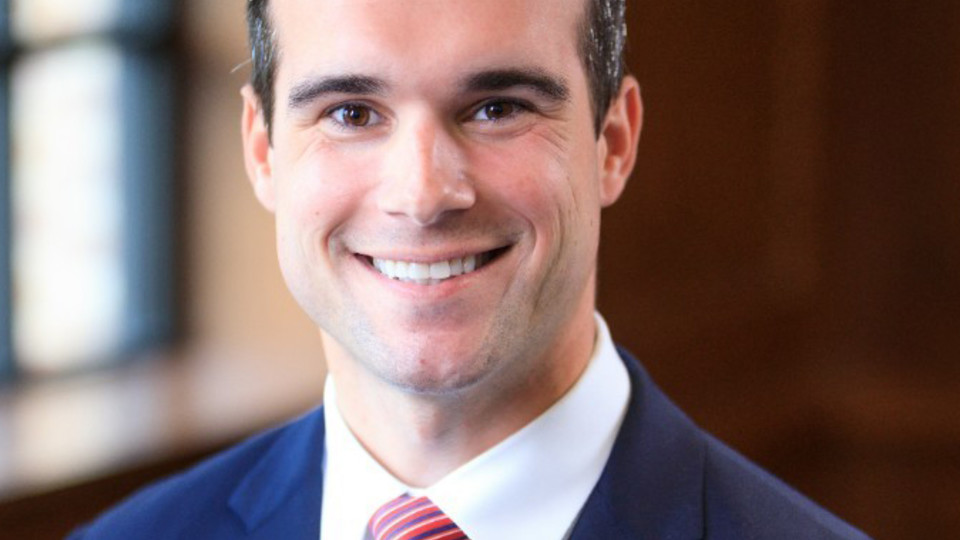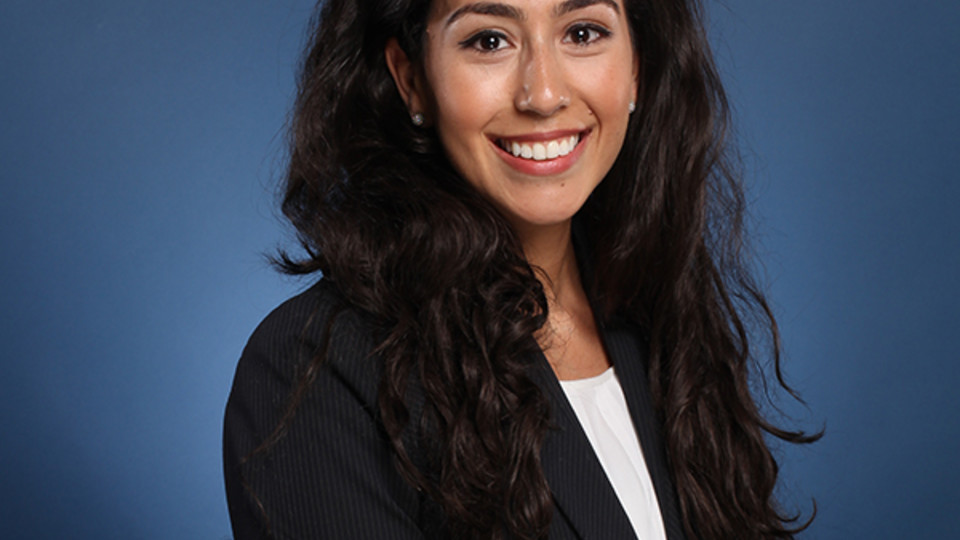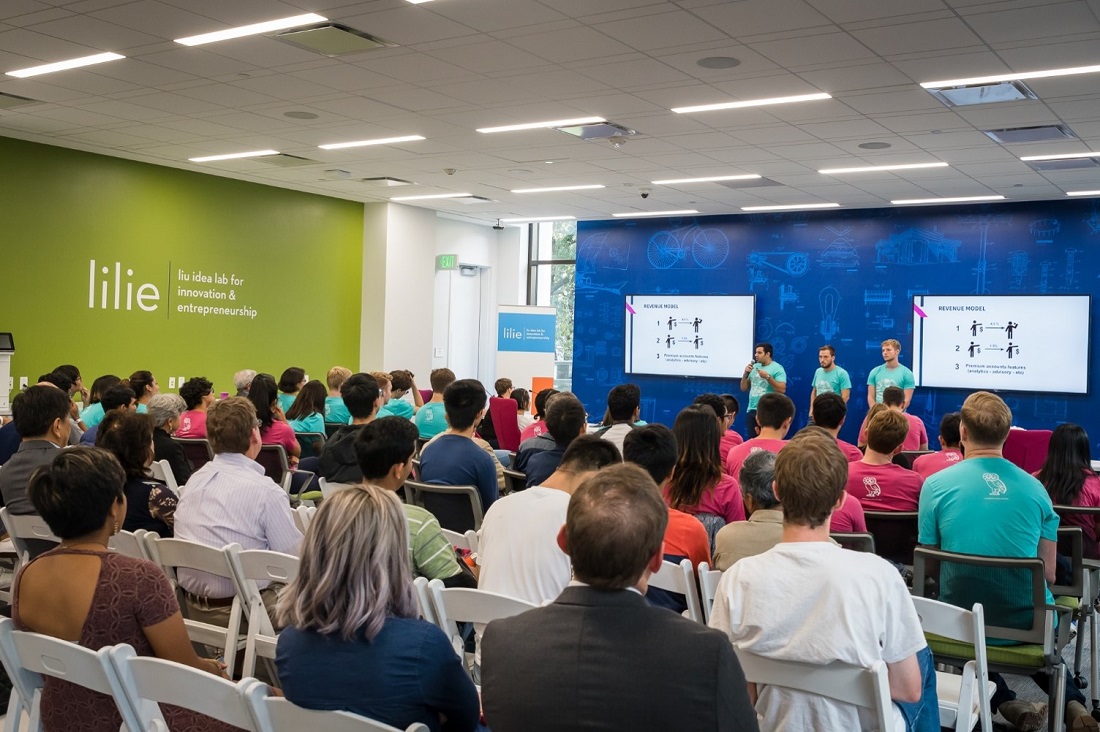
What is the ‘social cost of carbon’? 2 energy experts explain
If the social cost of carbon were a tax paid by consumers, gas would cost 50 cents more per gallon--but it has no direct effect on the price of gas. Instead, it influences government policy & investments, write Rice Business lecturer Jim Krane & Baker Institute fellow Mark Finley.

Houston VC named to federal panel on innovation and entrpreneurship
Aziz Gilani, a Rice Business lecturer and general partner and managing director at the Houston-based Mercury Fund, was one of 32 industry leaders and experts named to the advisory committee by Commerce Secretary Gina M. Raimondo.
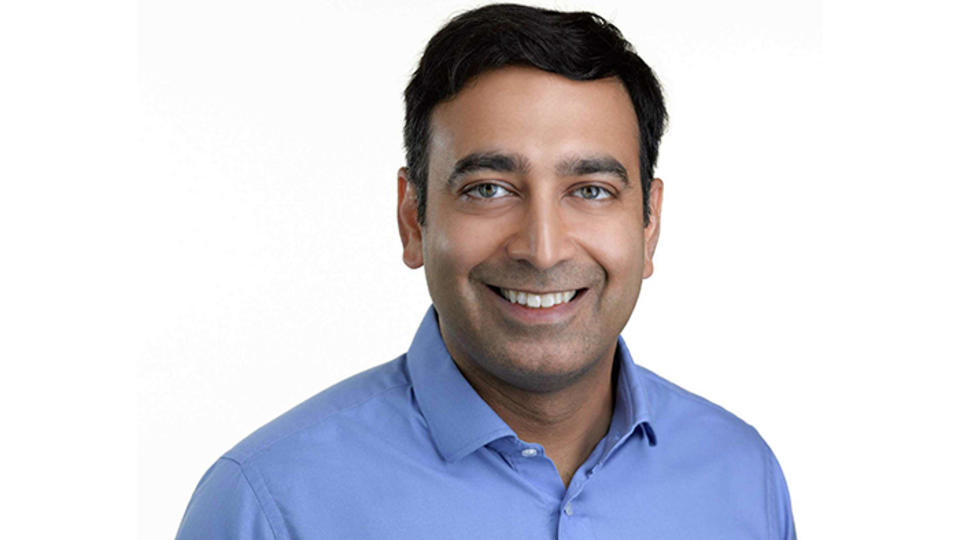
Why an Entrepreneurial Mindset Matters
No matter what your career goals look like now, an entrepreneurial mindset is necessary for lifelong growth and career success. Rice Business and its community in Houston are here to help you build it and thrive.
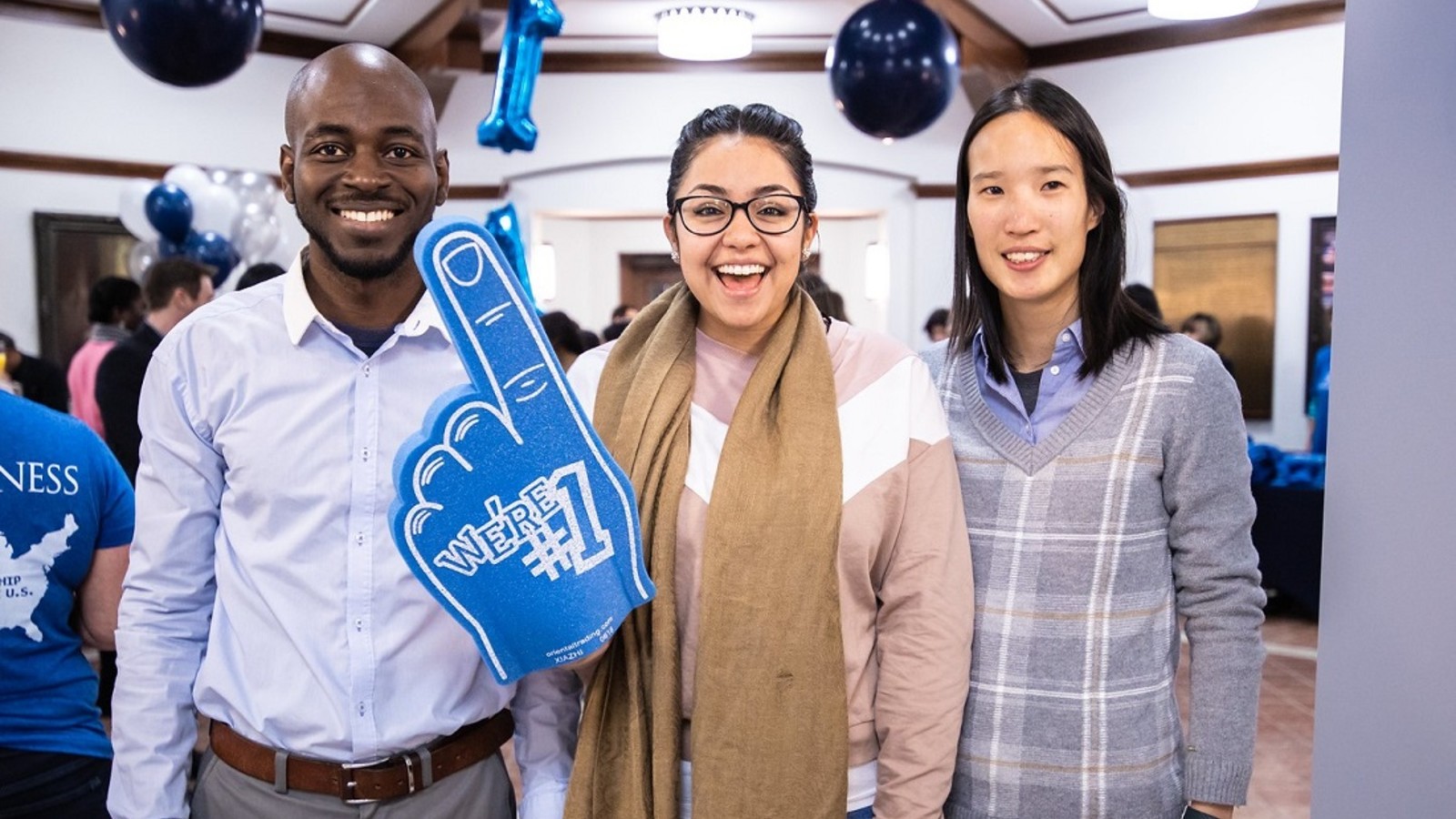
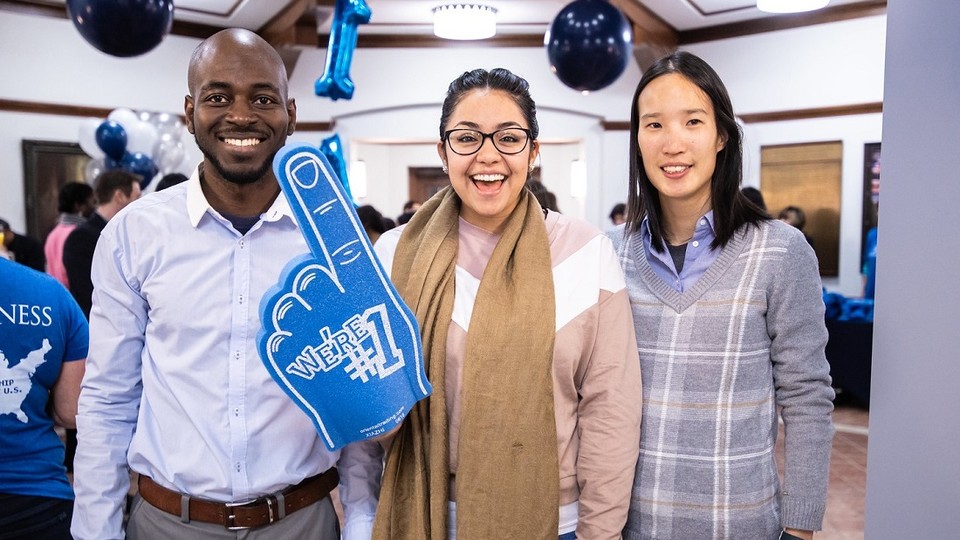
Updated from original post that was published on 05/20/2022.
We talk a lot about having an entrepreneurial mindset here at Rice Business. But even though our entrepreneurship program has been ranked No. 1 for six years in a row (and been in the top 10 for over a decade), not every student wants to start a business. That’s why we say it’s a mindset – because entrepreneurship is more than just a class here, it’s a philosophy.
If you are interested in entrepreneurship, the MBA program at Rice Business is a no-brainer. You get the classes, resources and network you need to build your business. If you’re not an entrepreneur, what’s the benefit to you?
Build a Strong Network
Attending a school with the No. 1 graduate entrepreneurship program exposes you to faculty and classmates who are hyper-focused on understanding the problem spaces facing the world, empathizing with those affected, and creating and launching responsive solutions. Even if you don't have ideas of your own that you want to pursue, you'll be immersed in a community that includes entrepreneurs looking for complementary talent from business development and sales to product, finance and strategy.
Learn a Diverse Skill Set
It comes down to a way of thinking that is central to our teaching and your career. Every individual today needs entrepreneurial skills and capabilities to flourish — whether it’s inside a large or mid-size corporation or as an entrepreneur. Your ability to identify opportunities, problem solve, create products and services to meet those opportunities, and operate in an ambiguous environment with few resources is critical.
If it’s true that you’ll likely work for five or more different companies during your lifetime, you’ll need these transferable skills to pivot and be successful. We’ll help you sharpen these skills and introduce you to a whole new way of thinking.
Interested in Rice Business?
Learn in a Groundbreaking Environment
Two initiatives at Rice will be a big part of your journey: The Liu Idea Lab for Innovation and Entrepreneurship (Lilie) and The Rice Alliance for Technology and Entrepreneurship.

The Liu Idea Lab for Innovation and Entrepreneurship
Lilie is Rice’s center for entrepreneurship, serving as the home for everything in and outside the classroom for all students, faculty and alumni pursuing entrepreneurship, venture capital or innovation-related activities. The courses and programming from Lilie teach the new product and business building process from idea to real-world impact through experiential learning opportunities in a dedicated state-of-the-art space on campus. With resources like equity-free funding and personalized mentorship from a vast network of alumni entrepreneurs and innovators, Lilie ensures students have what they need to make real progress at every step of their journey.
Courses such as New Enterprises, Financing the Startup Venture and Tech Product Management are popular with entrepreneurs and non-entrepreneurs. The Student Venture Fund gives real-world experience and course credit for sourcing, analyzing and investing in emerging tech startups as a venture capitalist for Lilie’s $2M student venture fund. Lilie’s events and programming feature fireside chats with successful professionals, opportunities to commercialize technologies from Rice’s research labs, and the newly announced Venture Studio summer accelerator program. Whatever your goals, developing an entrepreneurial mindset equips you with the skills, perspective and experiences most highly sought after by employers.
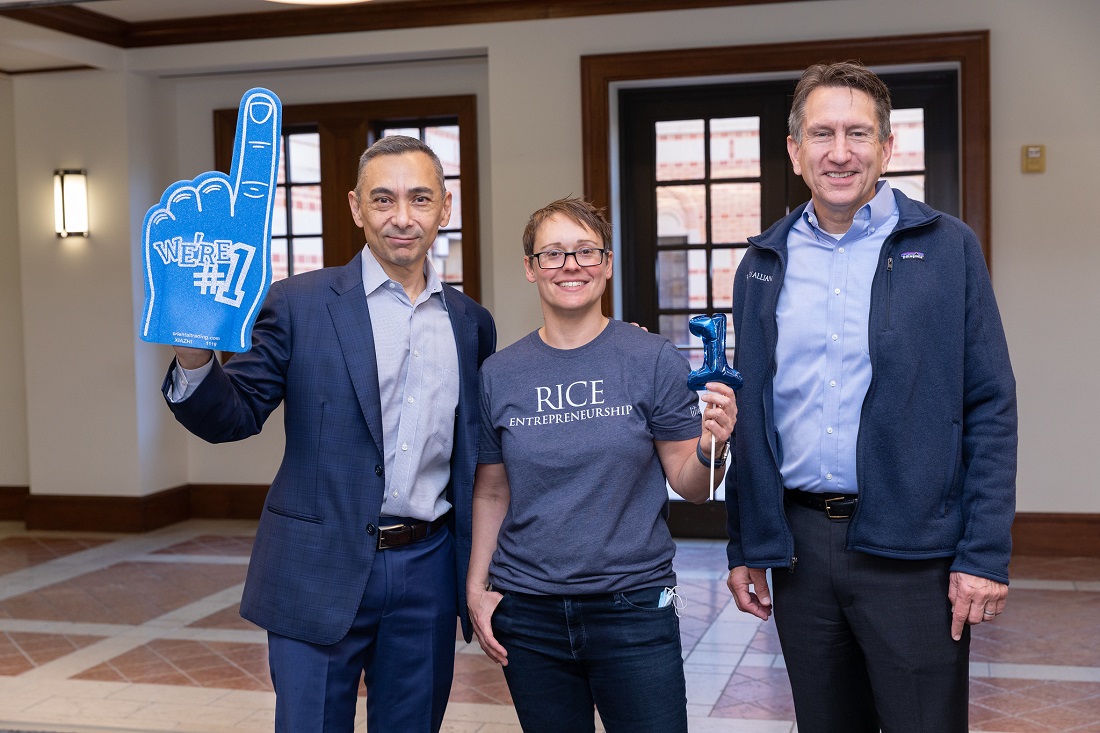
If you're interested in acquiring an existing business to help scale, instead of starting one from scratch, or creating a social impact organization or non-profit, Lilie has similar classes, experiences and resources to get you started down that path. And entrepreneurial support doesn't end when you graduate, because even if the right idea happens years after you graduate, Lilie’s Rice Alumni Entrepreneurs and Innovators programming provides workshops, peer support, mentorship and equity-free funding for alumni.
The Rice Alliance for Technology and Entrepreneurship
Rice Alliance is housed in McNair Hall and supports the connection between the Houston and Texas technology communities and the Rice campus. Rice Alliance helps bridge Houston's entrepreneurial ecosystem with Rice's campus, providing the Rice community with a variety of opportunities to grow their network of innovators, investors, corporations and mentors. It hosts the Rice Business Plan Competition (RBPC) annually, one of the world’s largest and richest graduate student startup competition, with 42 student teams joining from around the world to compete for over $1.5 million in cash and prizes. RBPC hosts top student entrepreneurs, along with 250+ investors who participate as judges, presenting a unique opportunity to meet and network with rising startups from other universities and startup ecosystems.
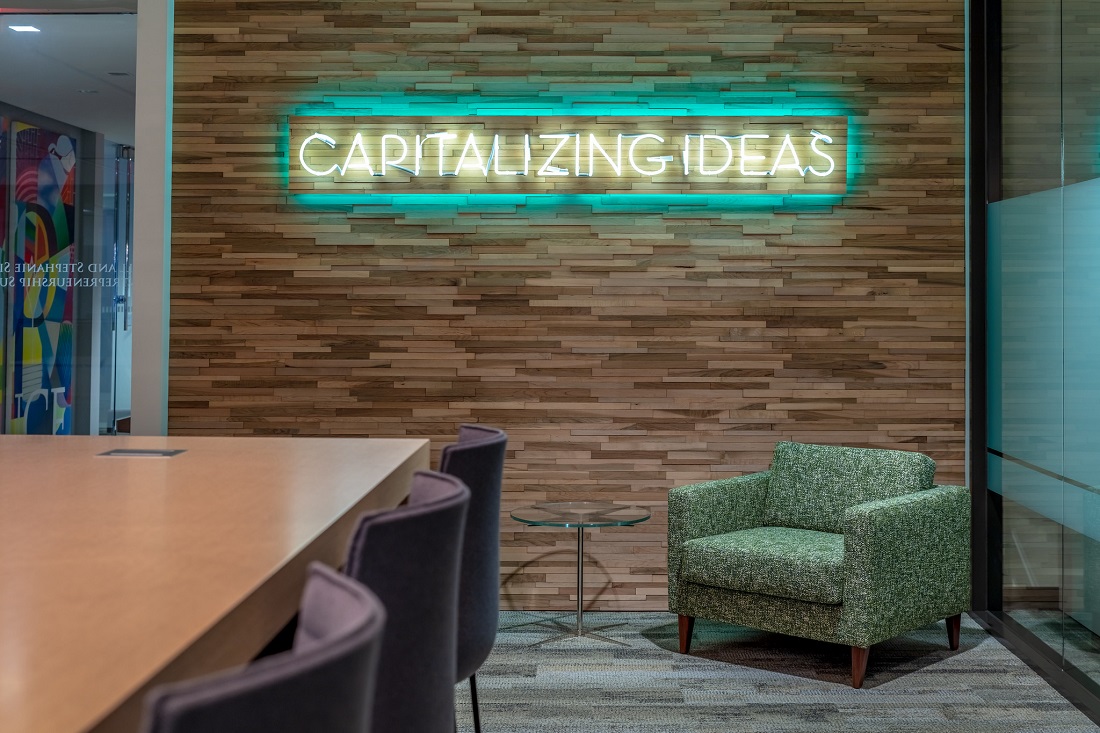
Additionally, Rice Alliance hosts the Texas Life Science and Energy Tech Venture Forums, two of the largest energy and life science venture capital conferences in the region — giving you a first-hand look at the future of the industries and providing "collisions" between rising companies in these industries and students seeking opportunities to find exciting new roles. Rice Alliance also hosts the Clean Energy Accelerator at the Ion, which seeks to bring exciting new startups in the energy space to Houston's emerging innovation district. The Ion and the Rice-led innovation district also houses the Houston branch of Greentown Labs and a variety of accelerators and co-working spaces. The network you build while attending Rice Business is unparalleled.
Houston: A Top City for Entrepreneurs
Because Houston has one of the youngest, fastest-growing populations and a culture of diversity; its spirit speaks to our students and alums. It has the largest medical center (right next door to Rice) and is known as the energy transition capital. With Rice alumni having taken companies public worth $100 Billion, it is growing in reputation as a tech hub. As the country’s fourth-largest city, Houston is a magnet for businesses and talent in healthcare, life sciences, digital tech, aerospace, manufacturing, trade and transportation. A great economy and an even greater embrace of large and small businesses make it the perfect place to come to graduate school.
No matter what your career goals look like now, an entrepreneurial mindset is necessary for lifelong growth and career success. Rice Business and its community in Houston are here to help you build it and thrive.
You May Also Like
Keep Exploring
The U.S. B-Schools With The Most Indian & Chinese Students
It’s no exaggeration to say that Indian and Chinese students are essential to both the academic and financial health of universities in the United States. The same is true of graduate business education. Rice Business has the third highest percentage of Indian students in the U.S. at 50%.

Partnership Members Making News - May 2022
Nine energy startups from across the country were recognized as the most promising in a pitch competition during the Offshore Technology Conference earlier this month. The Rice Alliance for Technology and Entrepreneurship staged its annual pitch competition at the Ion in Midtown.
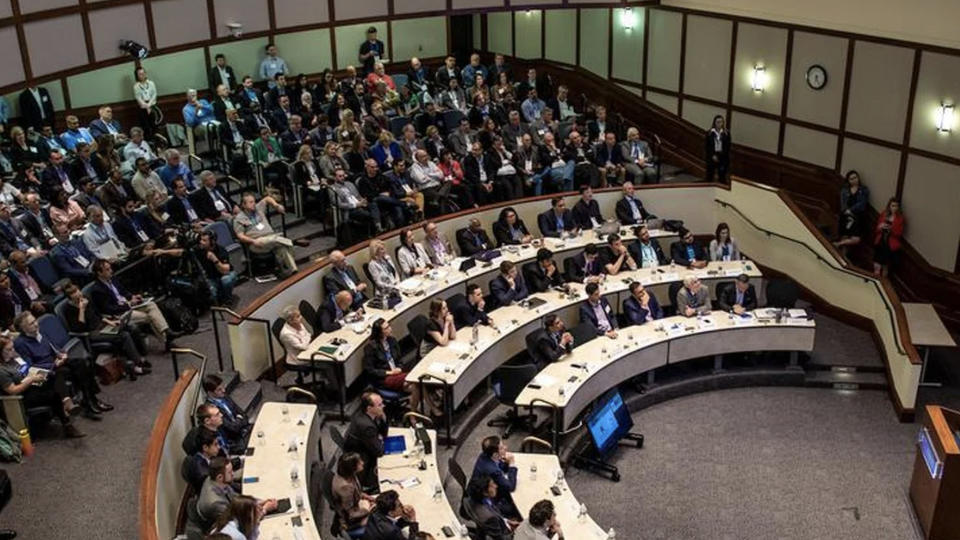
Behind the Mic With Host David Droogleever ’12
Season 2, Episode 14
In this special episode, get to know David Droogleever's story and why hosting a podcast is an act of building self-trust. Rice Business alum and guest host Scott Gale '19 finds out why joining the Navy was everything David expected and more, and why he starts every day by asking an important question: “Which frog do I eat first?” Check out the episode to find out what that means.
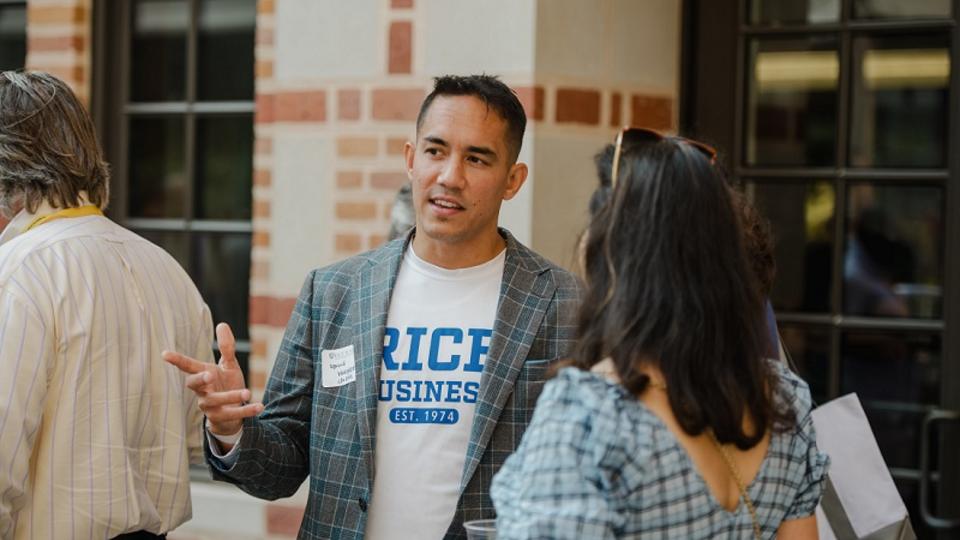
Owl Have You Know
Season 2, Episode 14
In this special episode, get to know David Droogleever's story and why hosting a podcast is an act of building self-trust. Rice Business alum and guest host Scott Gale '19 finds out why joining the Navy was everything David expected and more, and why he starts every day by asking an important question: “Which frog do I eat first?” Check out the episode to find out what that means.
Subscribe to Owl Have You Know on Apple Podcasts, Spotify, Youtube or wherever you find your favorite podcasts.
Houston energy entrepreneur recognized for 2 leadership awards
On May 10, Craig Taylor, founder and CEO of Houston-based Iapetus Holdings, was named as one of the Entrepreneur Of The Year 2022 finalists in the program’s Central South region. Meanwhile, Taylor last month was named 2022 Veteran Entrepreneur of the Year by the Rice Business Veterans Association at Rice Business.
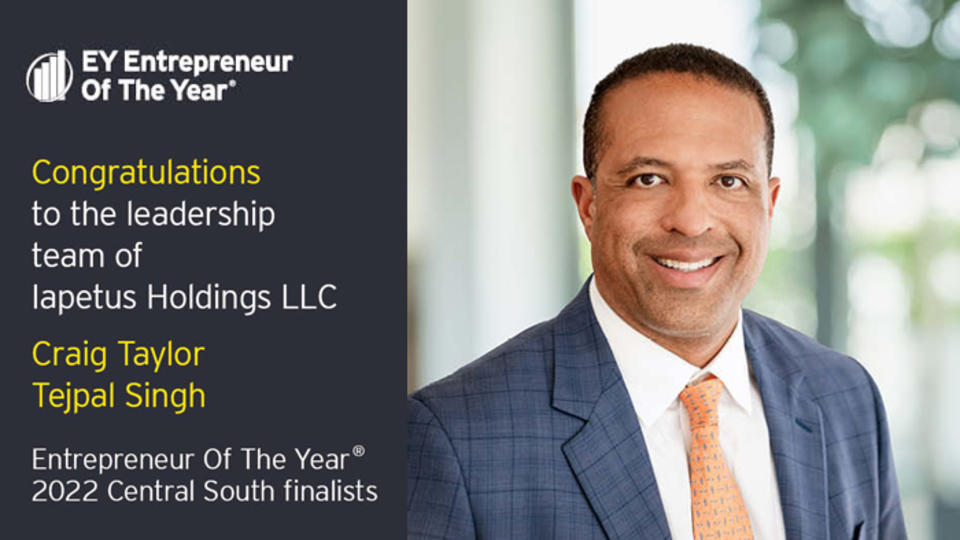
The Entrepreneur Whose Intelligence is Anything But Artificial feat. Aruna Viswanathan ’01
Season 2, Episode 13
Aruna Viswanathan ’01 joins host David Droogleever to discuss her pivot from engineering to tech investing and entrepreneurship, provide essential tips for beginner investors and talk about AlphaX Decision Sciences, the energy AI software company she co-founded.

Owl Have You Know
Season 2, Episode 13
Aruna Viswanathan '01 joins host David Droogleever to discuss her pivot from engineering to tech investing and entrepreneurship, provide essential tips for beginner investors and talk about AlphaX Decision Sciences, the energy AI software company she co-founded.
Subscribe to Owl Have You Know on Apple Podcasts, Spotify, Youtube or wherever you find your favorite podcasts.
You May Also Like
Houston investors, mentors name 9 most promising energy startups at Rice Alliance event
This week, 39 energy startup companies from all over the world pitched in Houston — and nine were recognized as being the most promising of the batch. The Rice Alliance for Technology and Entrepreneurship returned its Offshore Technology Conference pitch event to its in-person capacity.
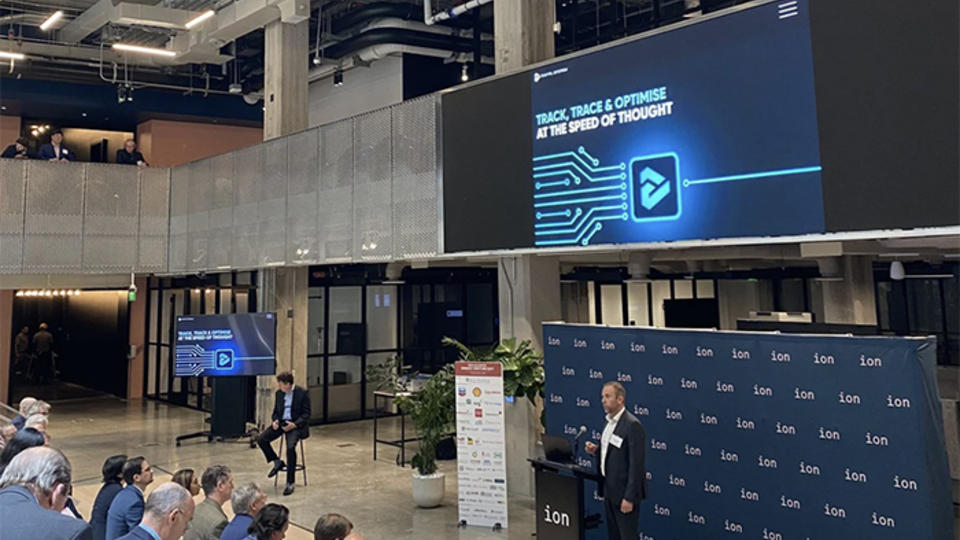
Easy Out
Why Apple, Disney, IKEA and hundreds of other Western companies are abandoning Russia with barely a shrug


By Professors Douglas Schuler and Laura Marie Edinger-Schons of the University of Mannheim, originally published in The Conversation
Why Apple, Disney, IKEA and hundreds of other Western companies are abandoning Russia with barely a shrug
Many companies in the U.S. and elsewhere have been quick to sever ties to Russia – going well beyond applying the sanctions ordered by their governments.
IKEA, Nike and H&M are temporarily closing their Russian stores. Disney, Sony and Warner Bros. paused the release of new films in Russia. Apple, Samsung and Microsoft stopped selling their products there. McKinsey, Ernst & Young and many other top accounting and consulting firms said they are leaving the Russian market – possibly for good.
In all, over 300 companies have announced plans to close stores, reassign staff or stop selling products in Russia since the invasion began on Feb. 24, 2022, according to a running tally by Yale management professor Jeffrey Sonnenfeld. Most recently, McDonald’s, Starbucks and Coca-Cola joined the list on March 8, 2022, announcing they would close stores and cease sales.
In some ways, these decisions fit in with a recent trend in which companies have increasingly staked out public positions on often controversial social and political issues, such as restrictions on trans rights and ability to vote. As business professors who study why companies engage in activism, we feel the same factors that have driven those decisions to speak out are at work over Ukraine.
But we also believe Ukraine stands out for one important reason: For many of these companies, it may have been one of the easiest stands they’ve ever taken – even if there is a financial cost.
Taking a stand
Corporate sociopolitical activism – the technical term we use – entails companies making public declarations or taking actions about significant social or political issues that extend beyond their core business.
Until relatively recently, companies rarely took stands on social or political issues.
That didn’t really change until the 2000s, when LBGTQ rights were under attack and major companies such as Walmart spoke out against bills that would have allowed discrimination.
Since then, there’s been a surge in companies taking proactive stands on issues ranging from climate activism and racism to abortion and voting rights.
For example, in the wake of the murder of George Floyd by police in Minneapolis in 2020, hundreds of CEOs signed a pledge against racial discrimination and created an organization dedicated to diversity, equity and inclusion. In 2021, the CEOs of Dell, American Airlines, Southwest Airlines and AT&T spoke out against a Texas bill aimed at making it more difficult for citizens to vote.
Others have taken more decisive action. Uber and Lyft said they would pay to defend their drivers if they got sued under a Texas law that allows anyone to sue a person who helps someone get an abortion. And in 2016, PayPal and the NCAA pulled business from North Carolina after the state passed a bill limiting LGBTQ protections.
Surveys show today’s consumers expect companies to live up to the values they espouse in their press releases, and big corporate groups such as the Business Roundtable even began urging companies to focus on creating value for everyone – not just shareholders.
Why companies speak out
More specifically, research has identified three major factors that typically drive a company’s decision to pursue corporate activism: employee beliefs, consumer pressure and the CEO’s personal involvement or conviction.
It’s not always clear what is driving corporate decisions to suspend operations in Russia, but it seems as if all three factors are at play.
IKEA, for example, cited the support and security of its workforce in announcing its “pause” in Russia and a donation of 20 million euros for humanitarian assistance for those displaced by the war. After a #BoycottMcDonald’s began trending on Twitter to protest its presence in Russia, the fast-food chain said it was temporarily closing its stores there. And Tesla CEO Elon Musk agreed to provide Ukraine with free satellite internet after a Ukrainian official requested it on Twitter.
A corporate no-brainer
But ultimately, the decision whether or not to sever a relationship with a country – even if temporarily – is very different from taking a stand on an anti-trans measure.
Even so, the speed with which U.S. and other Western companies have abandoned Russia is something we’ve never seen in our lifetimes. And it suggests the decision was likely a no-brainer.
For one thing, Russia’s invasion has been met with widespread revulsion in the West. And even before the war, the public’s perception of Russia in Western countries was very low.
One post-invasion poll found that 86% of Americans saw the invasion as unjustified – with broad bipartisan agreement – and another showed that half of the respondents would compare the actions of Vladimir Putin with those of Adolf Hitler.
And governments including those like Germany that have close commercial ties to Russia have strongly condemned its actions and joined unprecedented sanctions. About 80% of Germans said they approved of their government’s decision to sanction Russia and export weapons to Ukraine – or said it didn’t go far enough.
Ultimately, the Russian market is just not that big for companies in the U.S, such as Apple and Disney. For others, such as McDonald’s, which has been in Russia since 1990 and has about 850 locations there, days of pressure finally persuaded company officials they had to pull out.
On many hot-button social issues like trans rights and gun control, the general public is split almost right down the middle, meaning taking a stand could alienate a lot of consumers.
But on the issue of Russia’s invasion of Ukraine, many companies likely were more worried about the risks to their reputation were they to do nothing. With so many other companies pulling out, it likely seemed better to explain to shareholders and customers back home why they’re leaving than why they’re staying.
Douglas Schuler, Associate Professor of Business and Public Policy, Jones Graduate School of Business at Rice University and Laura Marie Edinger-Schons, Professor of Sustainable Business, University of Mannheim
This article is republished from The Conversation under a Creative Commons license. Read the original article.
Never Miss A Story
